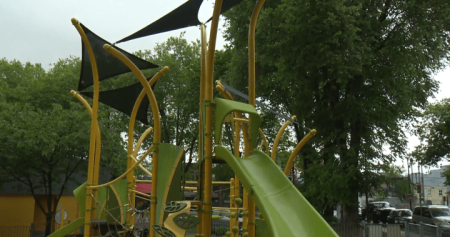The province of Alberta has recently launched a new health agency called Recovery Alberta, focusing on delivering mental health and addiction services as part of a health care restructuring initiative following International Overdose Awareness Day on August 31st. The new agency will operate alongside primary care, continuing care, and mental health and addiction care services as part of Alberta Health Services’ reorganization. More than 10,000 staff from AHS addiction and mental health services, as well as correctional health services, will be moving to Recovery Alberta to continue managing contracts for psychiatric beds, addiction treatment beds, and health services for individuals in need.
Minister of Mental Health and Addiction Dan Williams expressed optimism about the opportunities for meaningful and lasting changes to improve the wellness of Albertans through Recovery Alberta. The province acknowledges that mental health and addictions have been overlooked within the broader health care system, prompting the transition of these services to Recovery Alberta. However, not all groups overseeing addiction treatments and substance harm reduction were consulted, according to harm reduction group Moms Stop The Harm co-founder Petra Schulz. Schulz believes that the province’s focus on abstinence-based addiction treatment may not align with what most people affected by substance abuse actually need.
On International Overdose Awareness Day, a gathering at Victoria Park was held to remember loved ones lost to substance overdoses. Angela Welz, who lost her daughter Zoe to fentanyl poisoning, expressed frustration with the lack of access to drug treatment and the stigma surrounding drug addiction. Despite the launch of Recovery Alberta and the province’s efforts to restructure services, Welz remains skeptical about the government’s response to reducing toxic drug deaths and overdoses. She emphasizes the need for a better understanding of those affected by drug addiction and seeks to support grieving loved ones at the grassroots level while societal perceptions evolve.
Toxic drug deaths have been on the rise in Alberta, with a record-breaking 2,076 deaths reported in 2023 and 602 deaths recorded between January and May of the current year. The province has been tracking toxic drug deaths since 2016, with the latest data indicating a concerning trend. Welz’s personal experience with loss underscores the urgency of addressing the challenges faced by individuals struggling with addiction and the need for comprehensive support systems. As Recovery Alberta takes shape, the province must ensure that the voices of those directly impacted by addiction and mental health issues are heard, and that evidence-based approaches are prioritized to effectively address the complex nature of substance abuse and overdoses.














